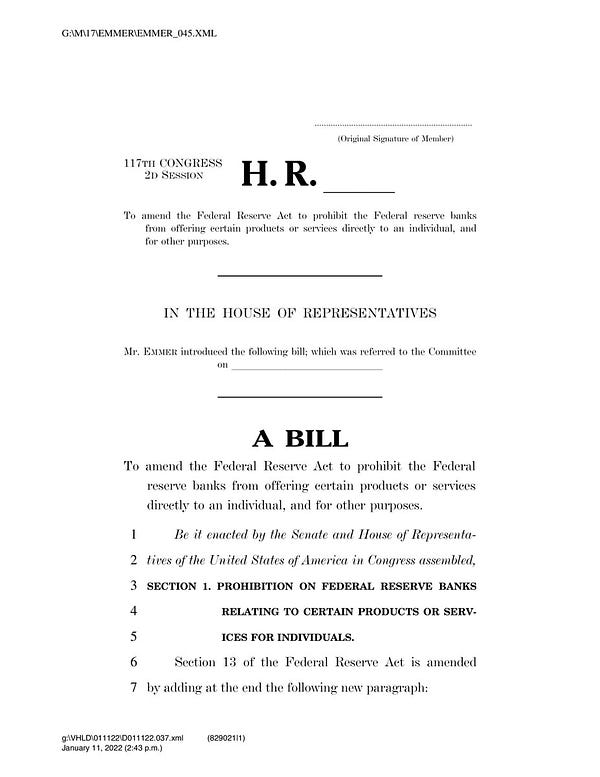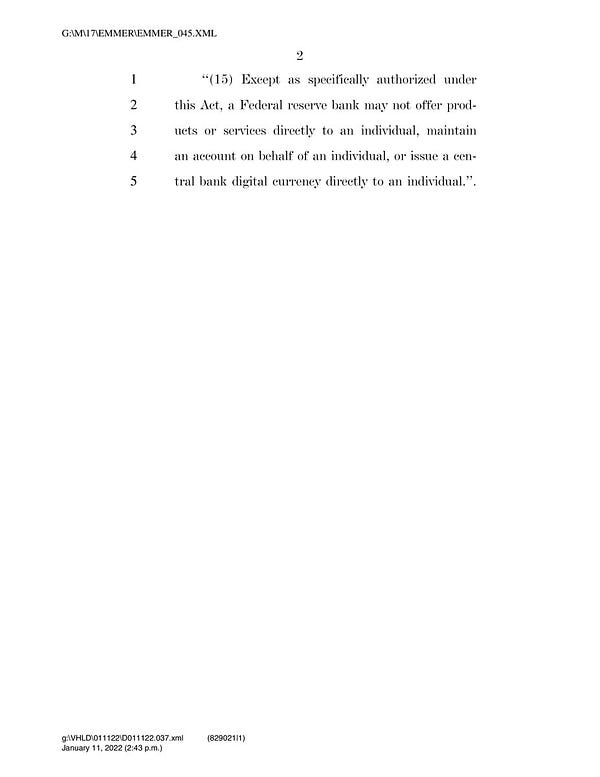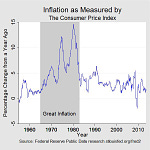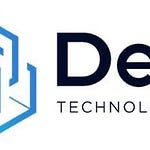To investors,
Bitcoin critiques have been proposing the idea of a government ban for the digital currency over the last decade. Their argument is that bitcoin threatens the US dollar or other fiat currencies, so governments around the world will intervene to stop the adoption of the asset.
Most critics are willing to admit that it is unlikely that governments, militaries, or central banks could actually shut down the decentralized computing network. Instead, the critique revolves around the idea that governments will ban or outlaw ownership. While this argument may seem absurd to the bitcoin community, there is historical precedent for these types of government actions.
President Franklin D. Roosevelt signed Executive Order 6102 on April 5, 1933, which explicitly was aimed at "forbidding the hoarding of gold coin, gold bullion, and gold certificates within the continental United States." According to Wikipedia, the next few days and months were much the same:
On April 6, 1933, The New York Times wrote, under the headline Hoarding of Gold, "The Executive Order issued by the President yesterday amplifies and particularizes his earlier warnings against hoarding. On March 6, taking advantage of a wartime statute that had not been repealed, he issued Presidential Proclamation 2039 that forbade the hoarding 'of gold or silver coin or bullion or currency', under penalty of $10,000 and/or up to five to ten years imprisonment."
They go on to explain the impact of this Executive Order:
“Executive Order 6102 required all persons to deliver on or before May 1, 1933, all but a small amount of gold coin, gold bullion, and gold certificates owned by them to the Federal Reserve in exchange for $20.67 (equivalent to $413 in 2020) per troy ounce. Under the Trading with the Enemy Act of 1917, as amended by the recently passed Emergency Banking Act of March 9, 1933, a violation of the order was punishable by fine up to $10,000 (equivalent to $200,000 in 2020), up to ten years in prison, or both.”
The US government couldn’t shut down gold or gold production. They couldn’t put gold bars in jail or financially fine the inanimate asset. The only option was to outlaw ownership and require citizens to turn in their gold.
Ultimately, the bitcoin critics have argued that the US government could pursue a similar strategy with the digital currency. Regardless of whether the network can be shut down, the government will simply ban ownership and require all US citizens to turn in their bitcoin.
The idea would be two fold — the government would financially gain from the ownership of bitcoin, but they would also open an opportunity for a national central bank digital currency. In effect, the CBDC would replace bitcoin as the digital store of value, medium of exchange, and unit of account. The central bank would maintain their monopoly on the production and distribution of money, along with centralized control over the variable monetary policy that it holds today.
Something happened yesterday though that the bitcoin critics did not expect — a sitting US Congressman put forward legislation to outlaw the Federal Reserve from creating and distributing a central bank digital currency.
Yes, you read that right. Representative Emmer is attempting to ban the central bank digital currency, rather than trying to ban ownership of bitcoin.



Emmer’s main issue with the current CBDC proposals is that they will likely lead to a lack of innovation and an increase in financial surveillance capabilities. It is telling that the Congressman decided to explicitly call out China’s CBDC efforts as an example of what the United States must avoid doing.

Lastly, Representative Emmer left the door open for a central bank digital currency in the United States, but appears to require it to fit within a specific framework. That framework would produce an open, permissionless, and private central bank digital currency, which frankly is the exact opposite of what the Federal Reserve and other central banks around the world want.

The bitcoin critiques have been pontificating for more than a decade about the potential government ban of the asset. None of them anticipated that sitting US politicians would actually attempt to ban the creation of a central bank digital currency. This is interesting because we have yet to see a politician put forward legislation to attempt banning bitcoin or other digital currency assets.
My big takeaway on this development is that politicians, business owners, and every day citizens recognize the issue at hand. The blind belief in the Federal Reserve is eroding quickly and the concerns of future infringements on financial privacy are getting louder. Majority of people believe that the government should stay out of their financial life, including how much money they have, who they transact with, and what they are purchasing.
The United States has historically served as the shining example on a global stage when it comes to freedom, innovation, and economic prosperity. Our country was built on the idea that the government should fear the citizens, not the citizens fearing the government. Authoritarian governments, such as China, see an opportunity with central bank digital currencies. They want to increase financial surveillance and significantly hamper the freedom of their citizens.
The United States is better than that. We don’t need to trust the government or central bank. The technology exists now to avoid giving them the power, control, and ability to potentially violate our trust in the future. It is encouraging to see Representative Emmer taking this courageous step forward. The conversation changed yesterday.
We shouldn’t be outlawing ownership of bitcoin. We should be outlawing our government’s ability to spy on their citizens.
Hope each of you has a great day. I’ll talk to you tomorrow.
-Pomp
SPONSORED: Are you looking to upgrade your old baggy sweats? It’s time to check out Public Rec. Their best-selling All Day Every Day Pant is the perfect combination of indoor comfort and outdoor style. They’ve sold over 200,000 pairs and definitely live up to the hype!
Finally, a more stylish alternative to sweatpants that are way more comfortable than jeans. Now your favorite lounge pants can also be your go-to’s for work, happy hour, and the gym. After a year at home, they are the pants you need now that you need pants.
Public Rec RARELY discounts, but right now, they have an exclusive offer just for Huddle Up readers. Click here and use promo code POMPLETTER to receive 10% off.
LISTEN TO THIS EPISODE OF THE POMP PODCAST HERE
Dylan LeClair is the Senior Market Analyst at UTXO Management, a digital asset fund investing in the analog to digital transformation of money and the emergent financial system.
In this conversation, we discuss bitcoin, on-chain metrics, market structure, and what to expect as we go deeper into 2022.
LISTEN TO THIS EPISODE OF THE POMP PODCAST HERE
Podcast Sponsors
These companies make the podcast possible, so go check them out and thank them for their support!
Bitcoin 2022 is the largest Bitcoin event in the world that takes place 4/6 - 4/9 in Miami Beach. Click HERE to learn more and use promo code POMP for 10% off.
Fundrise is largest direct-to-investor real estate investment platform. Go to Fundrise.com/Pomp today and get $10 when you place your first investment.
Mode allows you to buy, earn and grow Bitcoin, all in one app. Download Mode on the App Store and Google Play. Only available in the UK.
Unstoppable Domains’ 10 NFT domain endings are now fully integrated with Trust Wallet. Claim your Unstoppable Domain here today.
Brave Wallet is the first secure crypto wallet built natively in a web3 crypto browser. Download the Brave privacy browser at brave.com/Pomp today.
Abra is an all-in-one secure app that allows you to trade over 110 cryptocurrencies. Download Abra today and get $15 in free crypto once you fund your account.
FTX US is the safe, regulated way to buy digital assets. Trade crypto with up to 85% lower fees than top competitors by signing up at FTX.US today.
MyBookie allows you to bet and withdraw with Crypto. Use promo code ‘POMP’ to double your first crypto deposit at MyBookie.
Coin Cloud is the world's leading digital currency machine operator. To get your $50 in free Bitcoin, visit www.Coin.Cloud/Pomp
Compass Mining is the world's first online marketplace for bitcoin mining hardware and hosting. Visit compassmining.io to start mining bitcoin today!
Choice is rebuilding the way bitcoiners approach retirement by making it possible to invest in digital assets inside your IRA. Visit choiceapp.io/pomp
BlockFi provides financial products for crypto investors. To start earning today visit: http://www.blockfi.com/Pomp
Circle Yield offers qualified businesses superior returns on USDC holdings for terms of up to 12 months. Visit circle.com/pomp today; terms apply.
BTCS was the first US-public company to secure today’s top layer one protocols. Test out the BTCS Data Analytics Dashboard today at BTCS.com
LMAX Digital is the market-leading solution for institutional crypto trading & custodial services. Learn more at LMAXdigital.com/pomp
Okcoin is the first licensed exchange to bring new cryptos to market. To get started, and go tookcoin.com/pomp
You are receiving The Pomp Letter because you either signed up or you attended one of the events that I spoke at. Feel free to unsubscribe if you aren’t finding this valuable.
Nothing in this email is intended to serve as financial advice. Do your own research.













Politicians Don't Want To Ban Bitcoin. They Want To Ban Central Bank Digital Currencies.